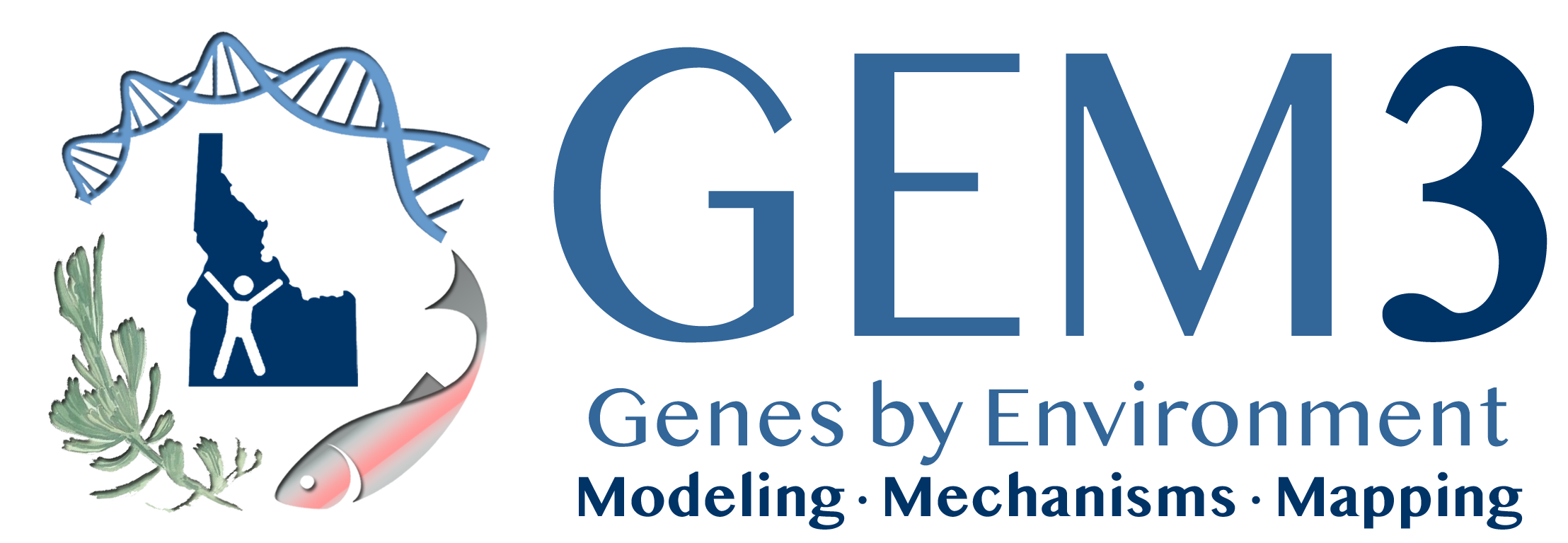These datasets provide early estimates of 2021 exotic annual grasses (EAG) fractional cover predicted on July 1 using satellite observation data available until June 28th. In previous releases, we developed and released one general EAG fractional cover map with an emphasis on cheatgrass (Bromus tectrorum) but also included number of other species, i.e., Bromus arvensis L., Bromus briziformis, Bromus catharticus Vahl, Bromus commutatus, Bromus diandrus, Bromus hordeaceus L., Bromus japonicus, Bromus madritensis L., Bromus racemosus, Bromus rubens L., Bromus secalinus L., Bromus texensis (Shear) Hitchc., and medusahead (Taeniatherum caput-medusae). New to this release, cheatgrass and medusahead, which are highly problematic exotic species in the western U.S., are also mapped separately. These datasets were generated leveraging field observations from Bureau of Land Management (BLM) Assessment, Inventory, and Monitoring data (AIM) plots; Harmonized Landsat and Sentinel-2 (HLS) based Normalized Difference Vegetation Index (NDVI) and Normalized Difference Water Index (NDWI); other relevant environmental, vegetation, remotely sensed, and geophysical drivers; and artificial intelligence/machine learning techniques. A total 17,536 AIM plots from years 2016 - 2019 were used to train an ensemble of five-fold regression models using a cross-validation approach (each observation was used as test data once) that developed EAG fractional cover maps. The geographic coverage includes arid and semi-arid rangelands in the western U.S.
- Normalized Difference Vegetation Index (NDVI)
- Texas brome
- annual grass
- annual herbaceous
- cheatgrass
- exotic
- medusahead
- nonindigenous species
- noxious
- red brome
- rye brome
- brome
- soft brome
- Land Use Cha
